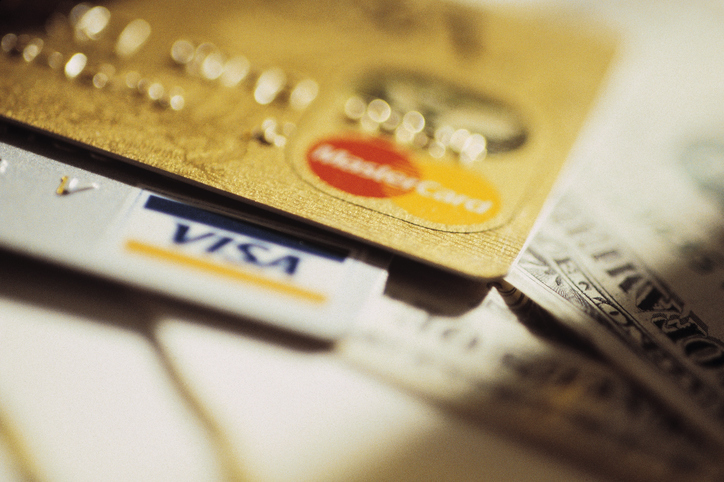Poor FICO® Scores can make your life difficult, and they’re unfortunately easy to get. There are so many pitfalls and traps the unwary person can fall into in their journey through life. Read this list of 5 common mistakes people make with their credit to better equip you to avoid them and keep your FICO® Score primed.
1. Assuming you know what’s on your credit report
Don’t just assume that you know what’s on your credit report. You may think that because you pay your bills on time, your credit should be clean, but you may have made a few missteps along the way that pulled your FICO® Score down. Your FICO® Score may be bad and you wouldn’t know until you’re turned down for a mortgage or a loan you thought you’d easily qualify for.
2. Maxing out your credit cards
Don’t max out your credit or go over the credit limits. Carrying high balances on your credit cards doesn’t look good to creditors and lenders; it leads them to conclude that you are extremely dependent on your credit. One of the factors FICO® uses to calculate your FICO® Score is your credit utilization – that is, how much of your available credit you’re using. A low credit utilization looks good to creditors and a high one looks bad. So, for example, if your credit limit is $1000 and you use $900, even if you pay it off, you’ve got a 90% credit utilization, and creditors won’t like that. If you only use $100, you’ve got a 10% credit utilization, and that’s ideal for building your FICO® Score.
3. Making late payments, or no payments at all
What’s the big deal if you’re a few days late with paying your bills? You paid it eventually – just a couple of days – you had the money, you just forgot the payment details. It may seem like small potatoes but it’s actually a giant red flag to FICO®. When it comes toFICO® Scores, a late payment is a late payment, and may negatively impact your FICO® Score. Be careful, when writing a check, that you won’t let it bounce or that auto-bill payments don’t put your bank account into overdraft. These can also impact your FICO® Score in a negative manner. The largest part of your FICO® Score is calculated based on your payment history. The more you pay your bills on time, the better it is for your FICO® Score.
4. Apply for too much credit too quickly
Don’t apply for too much credit, especially within a short period of time. It is good to have credit cards to build your credit history but there can be too much of a good thing. To FICO®, it may look like you are having financial difficulty and are opening multiple lines of credit to stave it off. Avoid applying for every store card that you qualify for, just for benefits. Too many open credit lines makes creditors wonder if one day you’ll use up more credit than you can ever pay back.
5. Wait to improve your FICO® Score until your report is “clean”
You may think that you can’t do anything until all negative information is off the report. This isn’t true. You can take many steps towards improving your FICO® Score even with a bad report.
Featured Image: Thinkstock/stevanovicigor

